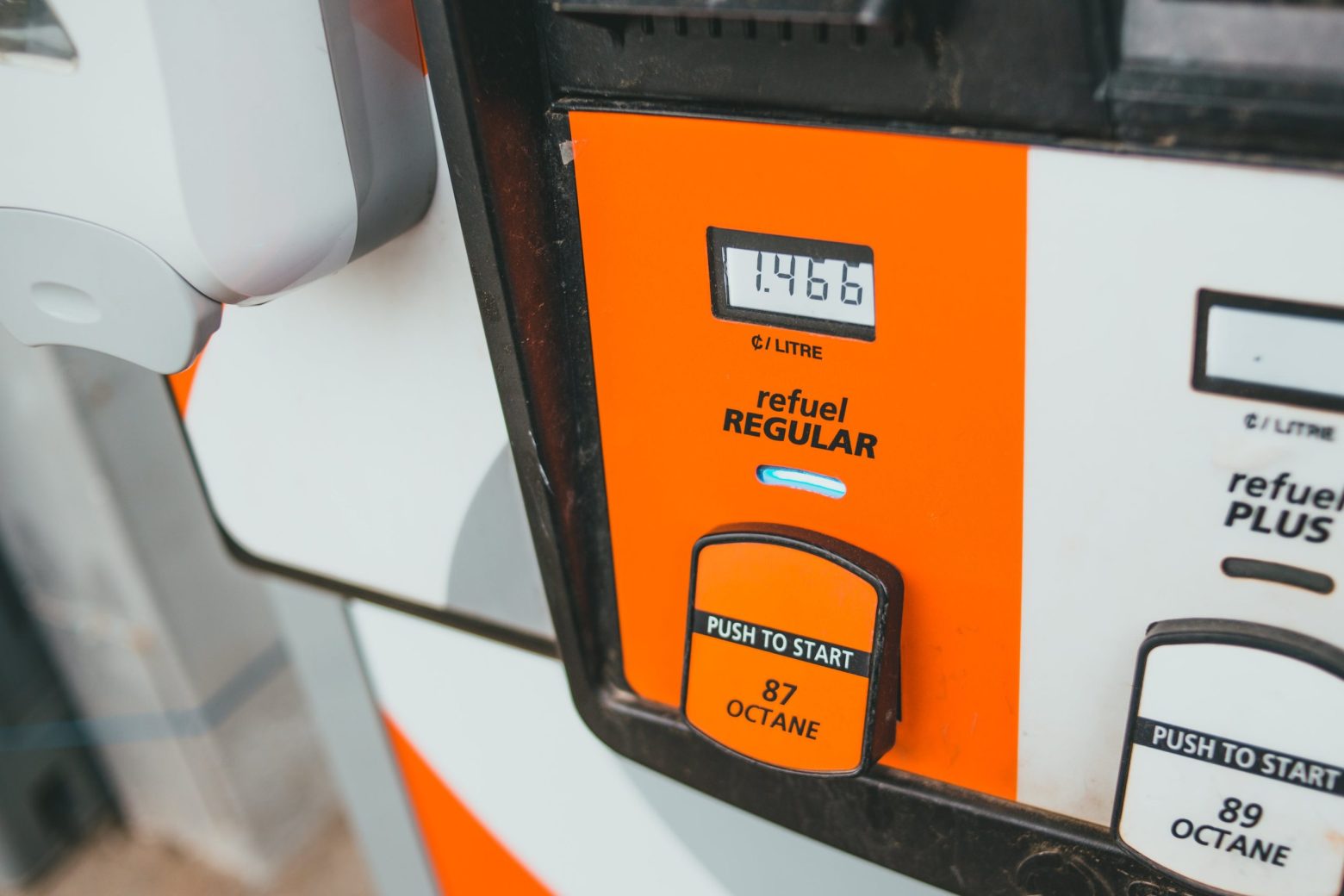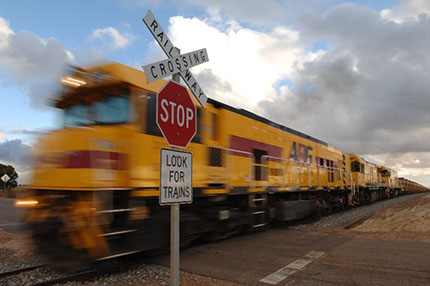Fuel prices, Supply Chain Disruptions, and Job markets
In the ever-evolving world of transportation, economics plays a pivotal role in shaping industry dynamics, affecting everything from fuel prices to job markets. As we navigate the complex web of economic factors, this article delves into the intricate relationship between transportation and the economy, examining key aspects like fuel prices, supply chain disruptions, and job markets.

The Fuel Price Rollercoaster
Fuel prices are undeniably one of the most immediate and tangible economic factors that affect both consumers and transportation companies alike. The volatility in oil prices creates a ripple effect throughout the transportation industry, influencing operating costs, business strategies, and individual choices.
The fuel price rollercoaster is a central economic factor that continuously influences the transportation landscape. It prompts innovation, drives the adoption of alternative fuels, and shapes consumer behavior.
Fuel Efficiency and Innovation:
One of the most significant responses to rising fuel prices has been a relentless pursuit of fuel efficiency. As fuel costs soar, vehicle manufacturers are compelled to innovate, striving to produce vehicles that can travel further on a gallon of fuel. This innovation extends to a wide range of vehicles, from compact cars to heavy-duty trucks:
- Engine Optimization: Automotive engineers are constantly refining internal combustion engines, making them more efficient and environmentally friendly. This includes advancements in fuel injection, turbocharging, and lightweight materials.
- Hybrid and Electric Vehicles: The rise of hybrid and electric vehicles is a direct response to both economic and environmental concerns. These vehicles not only reduce the economic burden of fuel costs but also offer consumers a more stable energy source with electricity as an alternative to gasoline or diesel.
- Fuel Management Systems: Fleet operators and logistics companies are investing in advanced fuel management systems and telematics to monitor and optimize fuel consumption. These systems provide real-time data and insights to minimize fuel waste.
The transition of alternative fuels:
The pursuit of alternative fuels has gained momentum not only due to environmental considerations but also as a strategic response to the economic unpredictability of traditional oil markets:
- Electricity: Electric vehicles (EVs) are at the forefront of the alternative fuel movement. They offer the prospect of stable, often cheaper energy sources and reduced reliance on oil. Governments and businesses worldwide are investing in EV infrastructure, from charging stations to battery technology.
- Hydrogen: Hydrogen fuel cell technology is another promising alternative. Hydrogen can be produced from a variety of sources, including renewables, making it a potentially stable and environmentally friendly option. The development of hydrogen-powered vehicles and infrastructure is ongoing.
- Biofuels: Biofuels, derived from organic materials like corn and soybeans, are renewable alternatives to traditional gasoline and diesel. They provide a more predictable pricing structure, as their production is tied to agricultural cycles.

Changing Consumer Behavior:
Higher fuel prices invariably influence consumer behavior, prompting individuals and businesses to reconsider their transportation choices:
- Public Transportation: As fuel costs rise, many individuals opt for public transportation, which can be a more cost-effective and eco-friendly choice. This shift puts pressure on urban planners and transportation authorities to enhance and expand public transit systems.
- Carpooling and Ride-Sharing: Carpooling and ride-sharing services become more appealing during periods of high fuel prices, as they allow consumers to share transportation costs. Companies in the ride-sharing industry also explore electric and hybrid vehicle fleets.
- Fuel-Efficient Vehicle Demand: Consumers prioritize fuel efficiency when purchasing vehicles. This shift in preference has prompted automakers to focus on producing smaller, more fuel-efficient cars and hybrids.
The transportation industry is intrinsically tied to global supply chains. Disruptions, whether caused by natural disasters, political events, or pandemics, can have far-reaching economic consequences.



- Just-In-Time Inventory: Many businesses have adopted just-in-time inventory systems to minimize costs. However, this leaves supply chains vulnerable to disruptions. When transportation interruptions occur, it can lead to shortages, production delays, and increased costs.
- Economic Resilience: In response to supply chain vulnerabilities, companies are now diversifying their sourcing strategies and exploring nearshoring or reshoring options. This has implications for transportation routes and infrastructure.
- Technological Solutions: Advanced logistics technologies, like real-time tracking and predictive analytics, are helping companies mitigate the impact of disruptions by enabling faster response times and better inventory management.
Transportation job markets: a mosaic of opportunities

Transportation offers a diverse range of employment opportunities, from truck drivers and logistics coordinators to urban planners and infrastructure engineers. The state of the job market in transportation is influenced by several economic factors:
- Driver Shortages: The shortage of truck drivers in many regions has led to increased wages and benefits for this workforce. Companies are investing in training programs and technology to attract and retain drivers.
- E-commerce Boom: The growth of e-commerce has created a surge in demand for warehouse workers, delivery drivers, and fulfillment center staff. This trend is likely to continue, impacting job markets in the sector.
- Sustainability Focus: As sustainability becomes a greater concern, job opportunities in green transportation, such as electric vehicle manufacturing and alternative fuel infrastructure development, are on the rise.
- Digital Transformation: The digital transformation of transportation, driven by technologies like IoT and automation, is creating new job categories, such as data analysts, cybersecurity experts, and autonomous vehicle operators.
The world of transportation economics is a dynamic and interconnected one, with numerous factors influencing each other. The challenges of fluctuating fuel prices, supply chain disruptions, and evolving job markets – it becomes clear that adaptability and innovation are key. The transportation industry’s response to these economic forces will shape its future and contribute to the broader economic landscape.